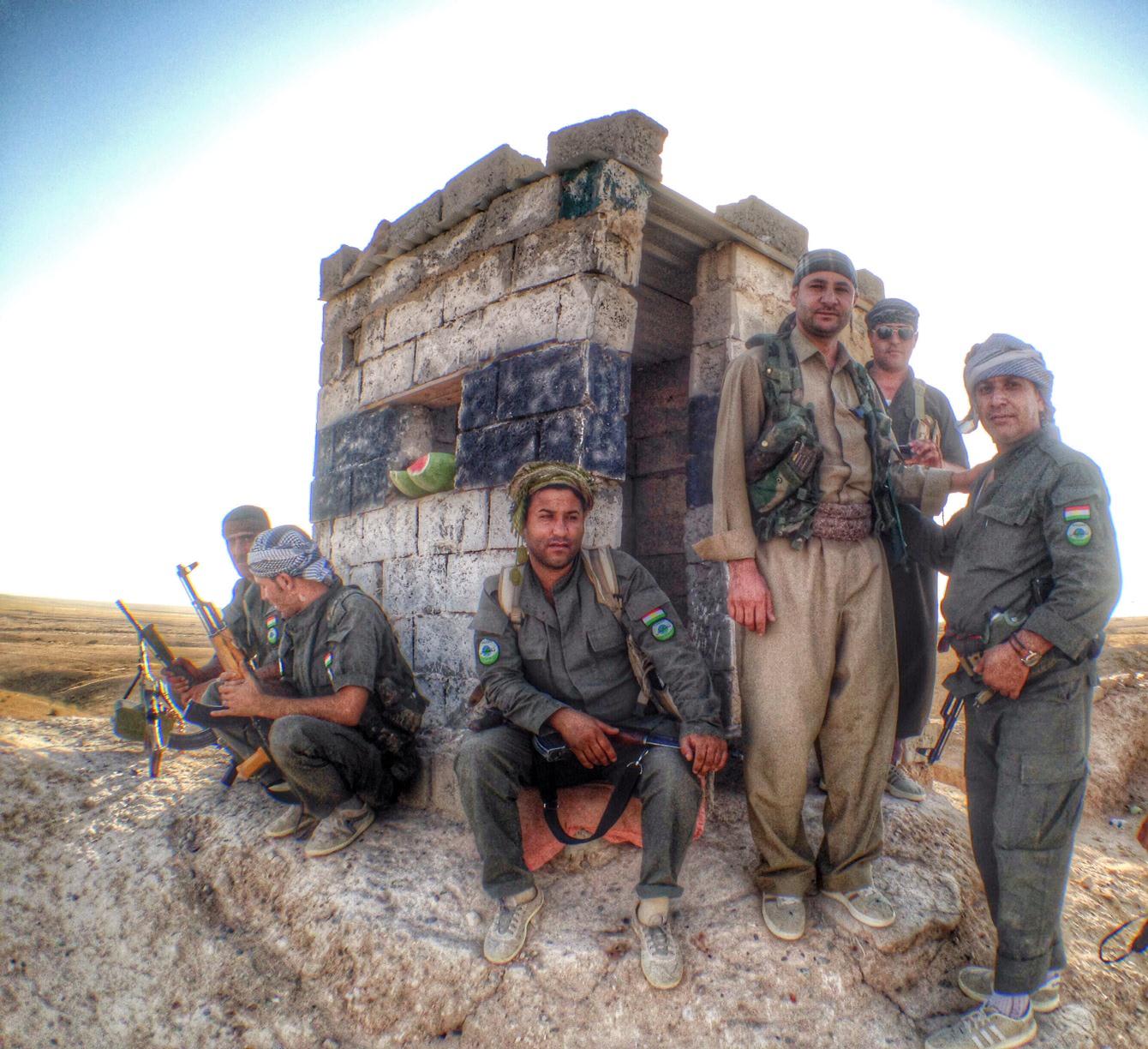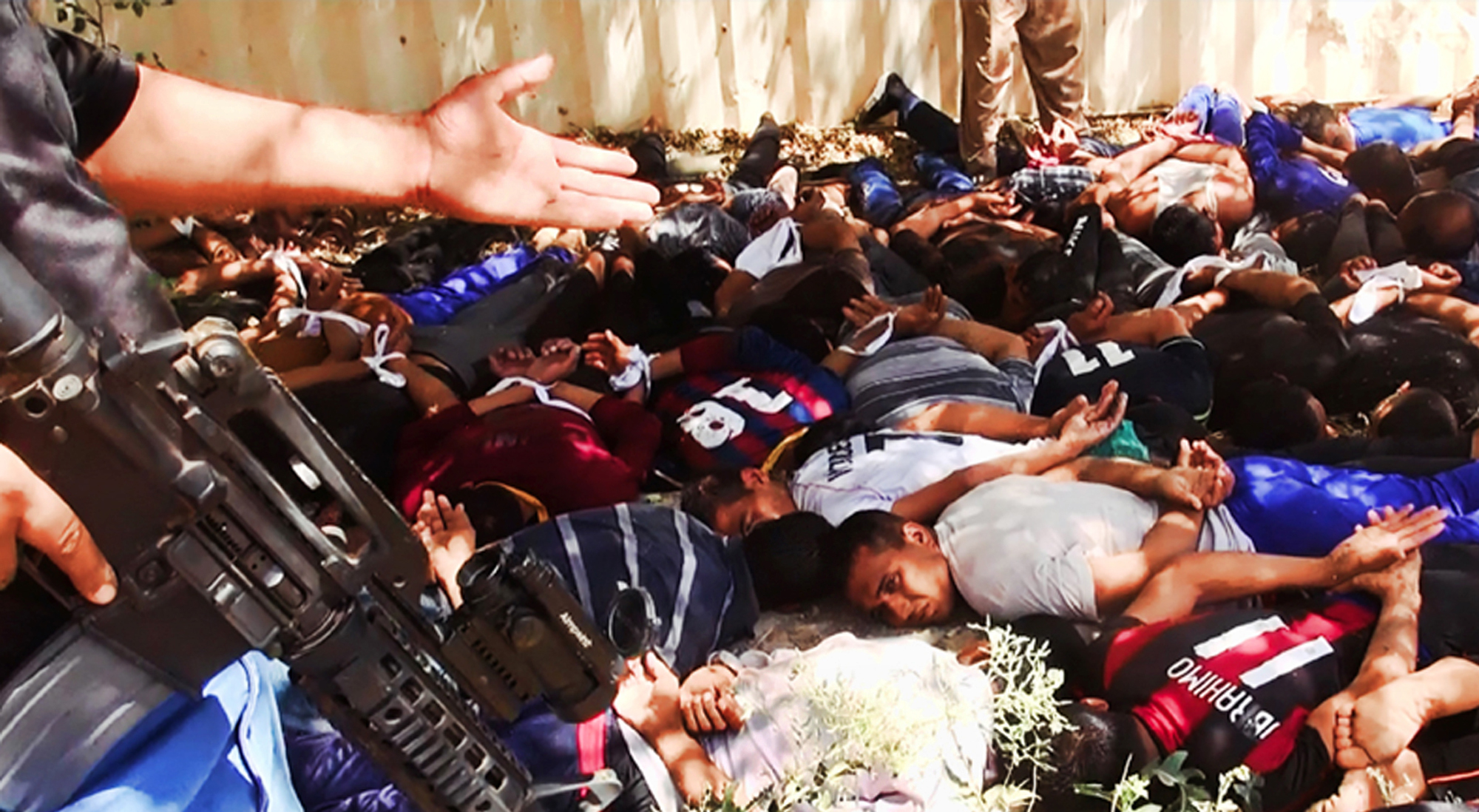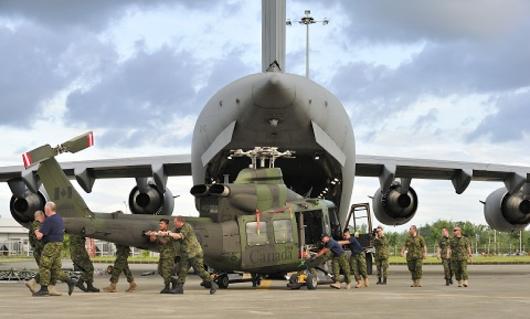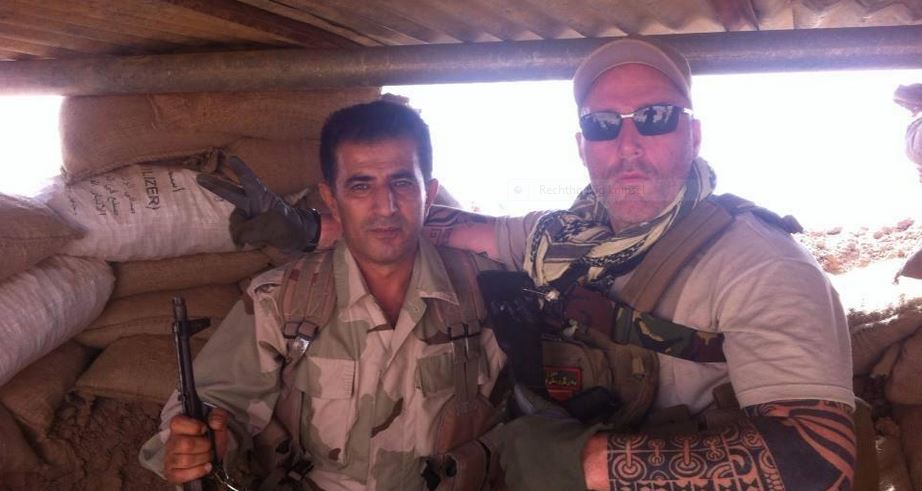The crisis in Iraq has intensified in the last few weeks as ISIS (The Islamic State of Iraq and Syria) has swept through the country almost unresisted, taking over several major Iraqi cities on its way to Bagdad. The invasion has reignited the sectarian violence which was seen previously in 2006-07, and again threatens to tear the country apart. The U.S has a vested interest in this conflict for several reasons; ISIS is seen as a threat not only to Iraq but also to many U.S. allies in the region. Another reason is the literal investment the U.S. has made in both dollars and American lives lost fighting in Iraq since 2003. Between 2003-2012 some 4,486 American soldiers were killed and trillions of dollars were spent on the war. In particular around $25 billion was spent on training and equipping the Iraqi Army, some of which has already fallen into the hands of the enemy when some 60,000 Iraqi soldiers retreated and left their equipment behind as ISIS overran the city of Mosul.
The question then is not whether the U.S. should get involved, but rather what type and how much involvement it should supply to Iraq. President Obama has already made it clear that American troops will not be engaging in combat in Iraq again. There are however several different options for the President.
Air Strikes/ Drones
 Although it has been made clear that no combat troops will be sent to Iraq, Obama has stated that he will send up to 300 military advisors to help Iraq deal with its deteriorating security situation. In part these advisors will help with the organization and training of the Iraqi army, but they could also be used to help locate and call in targets for airstrikes. The U.S. has already moved an aircraft carrier and several warships into the region for this potential action. Drone strikes are also an option but for now they are being used for surveillance to fill the intelligence gap which is an effect of the U.S. not having any military forces in Iraq since 2011.
Although it has been made clear that no combat troops will be sent to Iraq, Obama has stated that he will send up to 300 military advisors to help Iraq deal with its deteriorating security situation. In part these advisors will help with the organization and training of the Iraqi army, but they could also be used to help locate and call in targets for airstrikes. The U.S. has already moved an aircraft carrier and several warships into the region for this potential action. Drone strikes are also an option but for now they are being used for surveillance to fill the intelligence gap which is an effect of the U.S. not having any military forces in Iraq since 2011.
There are arguments both for and against the effectiveness of airstrikes in this situation. Karl Mueller an associate director at RAND argues that targeted air strikes could be highly effective at low risk to U.S. forces. They could help shift the momentum, giving Iraqi soldiers a psychological boost while at the same time halting ISIS’s advance on Bagdad.
Others have argued, however, that airstrikes have their limitations. Critics argue that there is always the risk that American planes could be shot down, it is unlikely that an insurgency can be wiped out from above, and there is the potential that ISIS will blend into the civilian population which will cause death and injury to the innocent.
The Peshmerga
 So far the Kurds have been using the turmoil in Iraq to consolidate their own territorial gains. ISIS has yet to initiate a large scale attack on the Kurds as they know the Peshmerga forces are well trained, well equipped and far more disciplined then the Iraqi Army. Some wonder if aiding the Kurds might be the best option militarily for the U.S. It is possible that if the U.S. aids the Peshmerga, it might prompt them to take on ISIS more directly knowing they have U.S. backing.
So far the Kurds have been using the turmoil in Iraq to consolidate their own territorial gains. ISIS has yet to initiate a large scale attack on the Kurds as they know the Peshmerga forces are well trained, well equipped and far more disciplined then the Iraqi Army. Some wonder if aiding the Kurds might be the best option militarily for the U.S. It is possible that if the U.S. aids the Peshmerga, it might prompt them to take on ISIS more directly knowing they have U.S. backing.
The Kurds are said to still have a positive view of the West, and have cooperated with the U.S. in the past. Before the 2003 invasion, they worked alongside U.S. Special Forces against another extremist group, Ansar al-Islam and helped U.S. forces crack down on another Sunni insurgency the following year. Some Kurds have already expressed interest in this idea as seen by this statement made by a senior leader of Peshmerga forces in Kirkuk: “It would be good thing if they came back and stopped terrorist groups from taking more territory. We would like to see them here in any possible way, on the ground, in the air, anything to help Iraq regain control of territory.”
Pressure on Maliki
 Many, including U.S. officials would prefer a diplomatic solution to the crisis. This would include putting pressure on Prime Minister Maliki to reform his government and create a more inclusive government for all Iraqis. To this point Maliki’s government has been accused of being repressive to the Sunni and Kurds of Iraq. There have been claims that many people have been arrested without charge and tortured, people have been killed, and people’s homes have been raided. This of course has led to much mistrust among Sunnis and Kurds towards the central government which seems to be favouring the Shiite sect of Iraq. For most it is clear that Maliki must resign or at least form a more inclusive government or sectarian violence will continue, and Iraq will be unable to unite in an effort to dispel ISIS from its territory.
Many, including U.S. officials would prefer a diplomatic solution to the crisis. This would include putting pressure on Prime Minister Maliki to reform his government and create a more inclusive government for all Iraqis. To this point Maliki’s government has been accused of being repressive to the Sunni and Kurds of Iraq. There have been claims that many people have been arrested without charge and tortured, people have been killed, and people’s homes have been raided. This of course has led to much mistrust among Sunnis and Kurds towards the central government which seems to be favouring the Shiite sect of Iraq. For most it is clear that Maliki must resign or at least form a more inclusive government or sectarian violence will continue, and Iraq will be unable to unite in an effort to dispel ISIS from its territory.
This is not an exhaustive list of the options the U.S. has, but they are some of the major ones it is considering. It is unclear if any of these solutions will help stop the ISIS advance or end the sectarian violence, but it is clear that the current situation threatens peace and security not only in Iraq, but in the entire region and beyond. Some would argue that one of these options could help bring stability back to Iraq, while others would argue that this is not an American problem to fix. The biggest problem for this crisis is that there might not be a clear cut right or wrong solution. The situation in Iraq is complex; whichever option is taken it is likely to help some and alienate others. The U.S. government now has the delicate task of helping restore stability in Iraq with weak options, each having unclear prospects for effectiveness with no guarantee of success.




